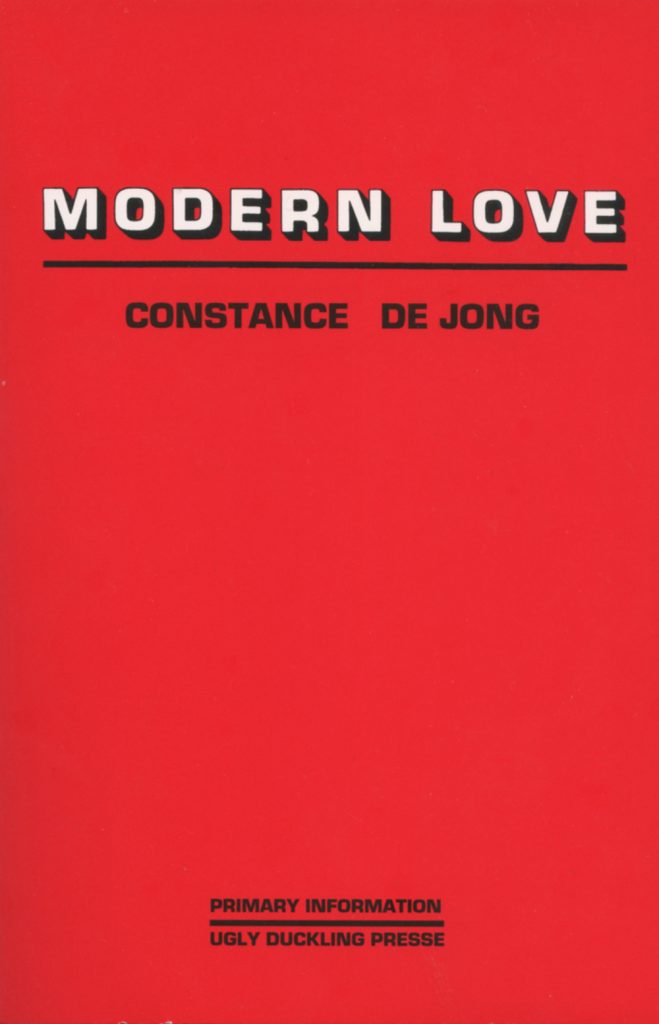Everywhere I go I see losers. Misfits like
myself who can’t make it in the world. In
London, New York, Morocco, Rome, India,
Paris, Germany. I’ve started seeing the same
people. I think I’m seeing the same people. I
wander around staring at strangers thinking I
know you from somewhere, I don’t know
where. The streets are always crowded and
narrow, full of men. It’s always night and all
strangers are men.
I hear talk of a new world Everywhere I go:
eco-paleo-psycho-electro-cosmo talk. Of course,
men do all the talking. I don’t get the mes-
sage, my ears ache; my eyes are falling out,
I don’t see these street talkers as the mak-
ers of a new world. Anyway, they’re not
real losers. And the new world’s an old dream.
They said, “Wait till you’re 27 then you’ll be
sorry.” I’m 27. I’m not sorry.
